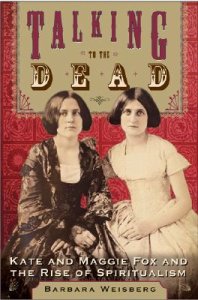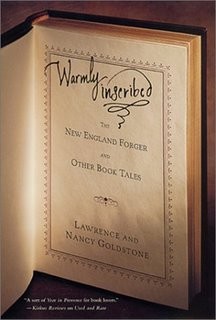I've been in love with Rufus Sewell for the past few days, a malady I suffer from occasionally and then get over. While I'm in it, I'm watching all his work that I can get my hands on: Dark City, Middlemarch, Dangerous Beauty, and even that steaming pile, saved only by his performance, Tristan and Isolde. While searching for more ways to feed my habit, I encountered this BBC Series called ShakespeaRe-Told, including The Taming of the Shrew starring my current favorite.
I was hesitant at first, because Shakespeare re-tellings can go horribly wrong, as misguided filmmakers decide that Shakespeare's plots (many of which he stole and borrowed) are the key to his genius, rather than his language. So I was all set to hate this. What a delight, then, to find a film that goes right to the heart of The Taming of the Shrew, and finds ways to explain the apparently abusive, misogynistic story in a way that makes it seem perfectly reasonable, without betraying the original play.
For example: when Petruchio shows up at his wedding oddly appareled (in the original, "in a new hat and an old jerkin; a pair of old breeches thrice-turned; a pair of boots that have been candle-cases, one buckled, another laced..." and in the film, dressed in women's clothing), it's because he wants to begin his marriage in honesty, letting Katherine know that he sometimes cross-dresses. Why does he choose to show her this on their wedding day? "He didn't want to lie to you," Petruchio's friend explains later, then admits, "He's not one of the grownups. He's about six."
Likewise, Petruchio's appalling abuses of his new bride are explained with one line as they depart on their honeymoon. Katherine is furious about his unusual wedding outfit, and refuses to listen to his explanations or be in any way forgiving. Finally, Petruchio snarls, "If she wants a bad marriage, I'll give her one!" That's all it takes, really. His domineering ways through the rest of the film are tongue-in-cheek, his way not of showing her who's boss, but of showing her what a great husband he really could be.
"He just needs someone to think the world of him," his friend explains wearily.
Like the best interpretations of this play, Katherine learns to love her husband rather than submit to him, and all her speeches about blind obedience at the end are performed in a spirit of tolerance, as if she really is talking about her six year old.
Shirley Henderson (whom you might remember as the tiny-voiced friend in Bridget Jones) gives a performance that's almost painfully over-the-top when Katherine is enraged, but when she's not snarling and shouting, she's pleasingly thoughtful. And once Rufus enters, it's enthralling to watch the two play off each other.
The film's dialogue is also a sweet surprise. There are a few Shakespeare quotations thrown in to nice effect ("I come to wive it wealthily in Padua," Petruchio says moodily, quoting the play he's living), and the rest of the lines are satisfying on their own. ("Kiss me, Kate!" Petruchio calls, referencing the musical. "Up yours, weirdo," Katherine mutters back.)
Check this out if you don't mind people messing around with Shakespeare, or you are currently in love with Rufus Sewell.

This is not my Rufus Sewell.

